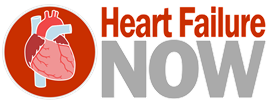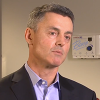Premier - Local Cardiologist
-
PCI -Corornary Angioplasty
Coronary angioplasty is a medical procedure commonly used to treat coronary artery disease (CAD). CAD occurs when the coronary arteries, which supply oxygen-rich blood to the heart muscle, become narrowed or blocked by the buildup of plaque (atherosclerosis).
-
Cardiac Stents - Frequently Asked Questions









